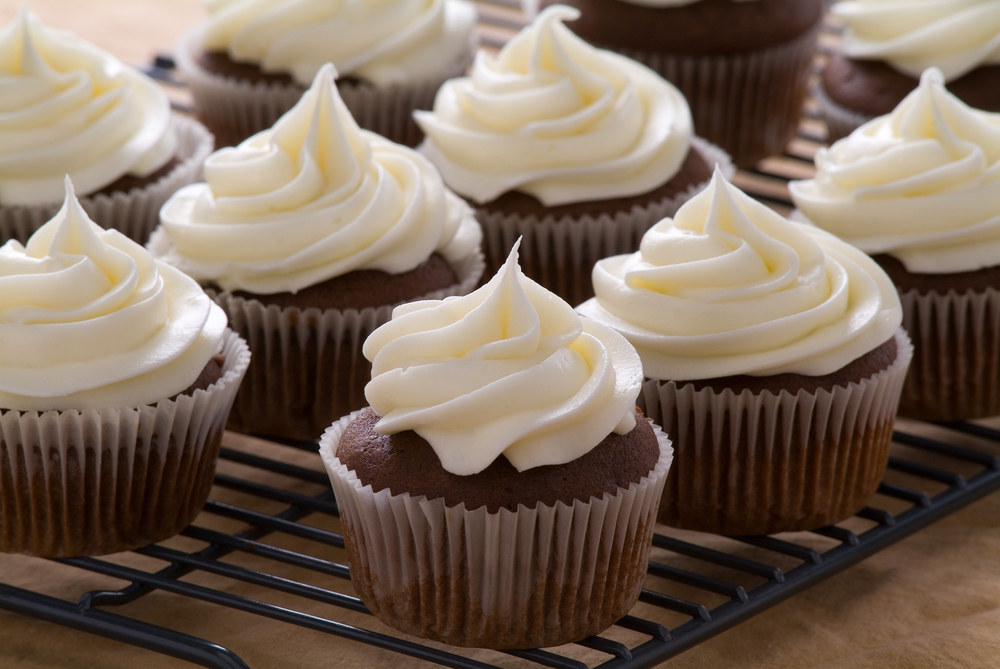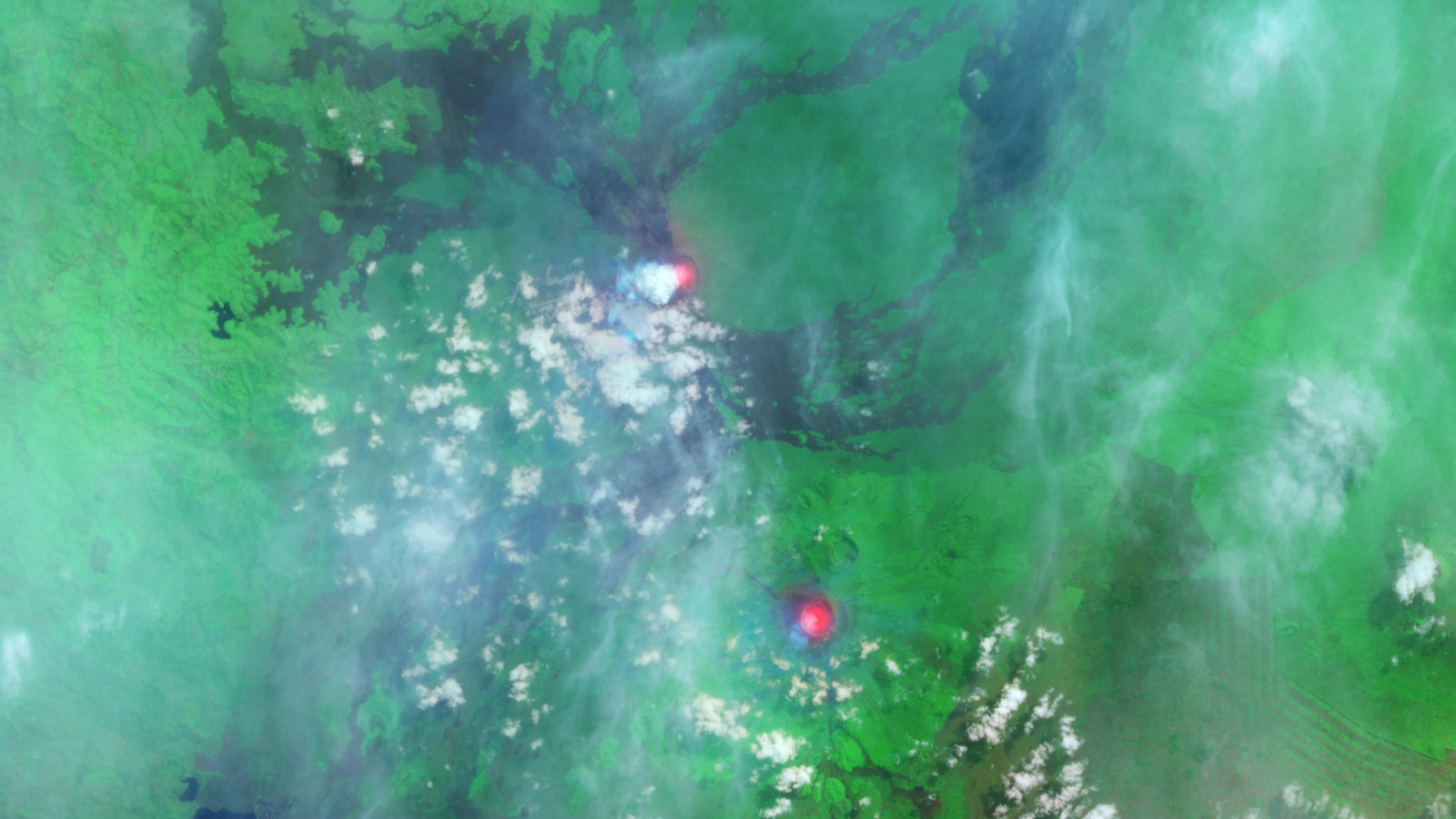Why We Eat for Pleasure

Even if a meal leaves you feeling full, somehow you find room for dessert. A new study may explain why we engage in such "pleasure eating," after we've obtained enough calories for our body's energy needs.
The results show that when we eat for pleasure, the body releases chemicals that trigger a feeling of reward, and this may lead to overeating, the researchers said.
"Understanding the physiological mechanisms underlying this eating behavior may shed some light on the obesity epidemic," said study researcher Dr. Palmiero Monteleone, of the University of Naples SUN in Italy.
In the study, the researchers looked at eight healthy adults, ages 21 to 33, who were satiated. Participants were given their favorite food, and later, a less-palatable food of equal caloric and nutritional value.
The researchers periodically measured levels of two chemicals involved in the body's reward system: 2-arachidonoylglycerlo (2-AG) and ghrelin.
The found that the blood levels of these chemicals increased when participants ate their favorite foods, but not when they ate the less palatable foods.
This increase suggests that the body's reward system overrides the body's signal that enough has been eaten to restore energy, the researchers said.
Sign up for the Live Science daily newsletter now
Get the world’s most fascinating discoveries delivered straight to your inbox.
It also may explain why, when we eat for pleasure, we're more likely to opt for a piece of cake than a serving of broccoli.
Eating for pleasure "may powerfully stimulate overeating in an environment where highly palatable foods are omnipresent, and contribute to the surge in obesity,” Monteleone said.
The study has been accepted for publication in the Journal of Clinical Endocrinology & Metabolism.
Follow MyHealthNewsDaily on Twitter @MyHealth_MHND. Find us on Facebook.











